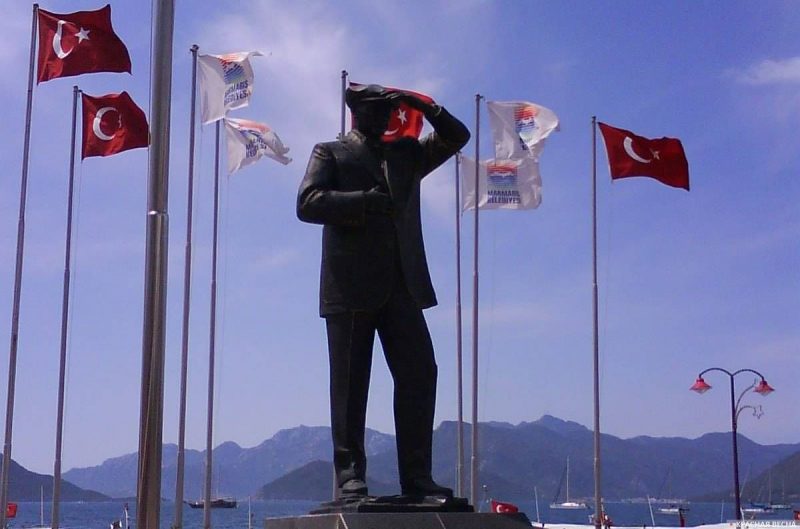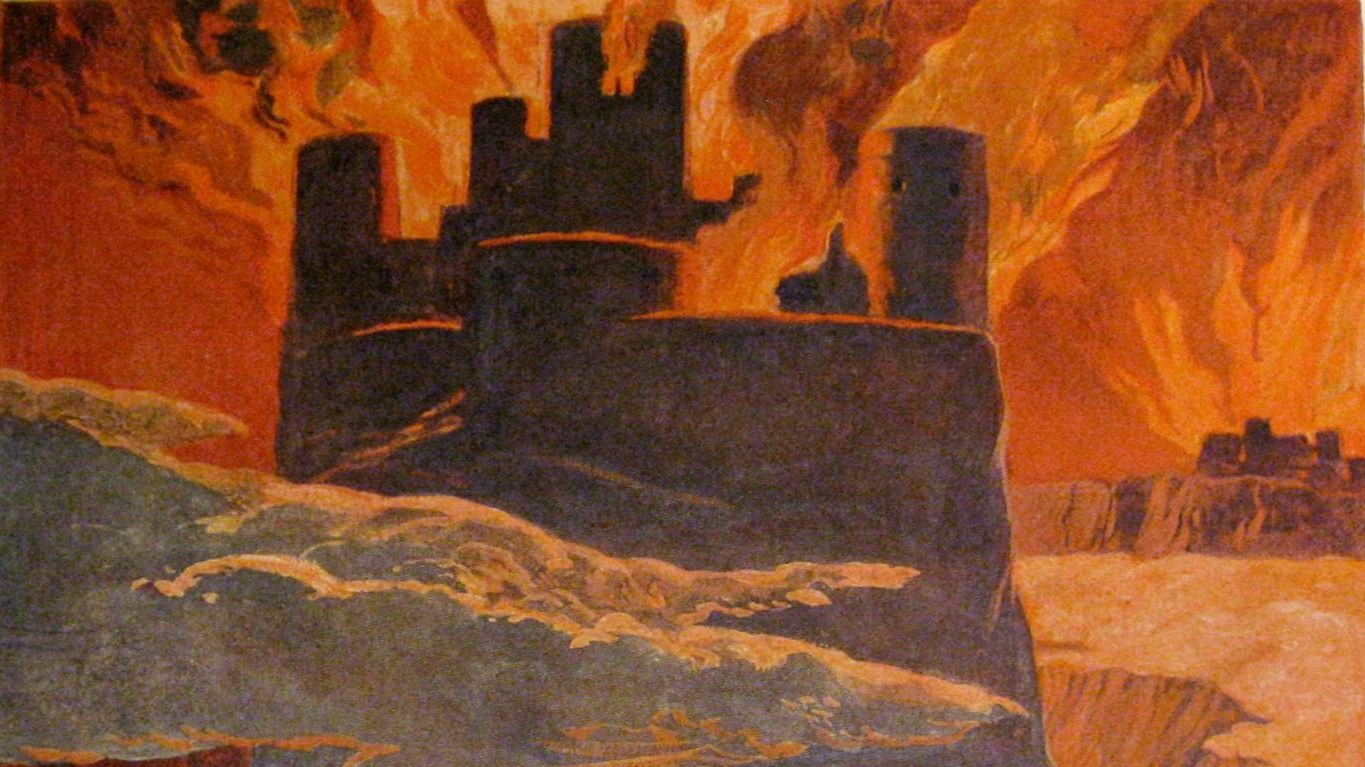On May 29 Turkey celebrated one of the key dates in its history – the 569th anniversary of the sizing of Constantinople by the Ottomans, which marked the victory in the centuries-long confrontation with the Byzantine Empire. Dates of great victories are always a factor in uniting the people, but this event was also marked by political quarrels.
The official celebration took place at the inactive Istanbul Atatürk Airport, where the country’s president Recep Erdoğan delivered his speech. He was accompanied by his allies in the People’s Alliance – the leader of the Nationalist Action Party Devlet Bahçeli and the leader of the Great Unity Party Mustafa Destici.
Neither Istanbul Mayor Ekrem İmamoğlu nor other municipality officials, who seemingly have a direct connection to Turkey’s second capital, were invited to the celebration.
And it is clear why: During the scandalous 2019 elections, the opposition Republican People’s Party seized control of Istanbul, and the Turkish authorities are waging a life-or-death war with İmamoğlu. After all, Istanbul is a special place, and the post of head of the municipality can be a “springboard” to climb to the very top of the Turkish political Olympus, as once happened to Erdoğan himself.
The place for the official celebrations was also chosen as a landmark. The Istanbul Atatürk Airport, inactive since 2019, has become yet another point of Turkish domestic political confrontation. After the opening of Istanbul’s new airport, the former air harbor was no longer needed, and Erdoğan proposed that the largest park in the country, the National Garden, be built there. The opposition torpedoed the initiative, as it does with any other initiatives of the Turkish president.
Erdoğan devoted half of his speech to cursing the opposition. İmamoğlu did the same to the authorities, congratulating the citizens on the 569th anniversary of the sizing of Constantinople. Such curses surprise no one, though; they have become a norm in Turkish political life.
These are all signs of a deep split in Turkish society, with half supporting the current government and the other half the opposition. Erdoğan and his allies represent a conservative Turkey that seeks Islamization and Turkization, while the opposition, to simplify and omit various caveats, represents a “European” Turkey moving in the wake of a postmodern West increasingly incompatible with any kind of conservatism.
And the further one goes, the more acute the conflict between these two Turkeys becomes.
In recent years, many have noticed the increased activity and aggressiveness of Turkish international policy. These include claims on the Great Turan, ambitious attempts to become the leader of the Islamic world, and military campaigns abroad. Can Turkey fully develop under conditions of such a sharp internal political conflict? The answer is obvious. And it is already clear that the 2023 elections will be fateful for Turkey and the Turkish people.
Translated from https://t.me/shotday/309




